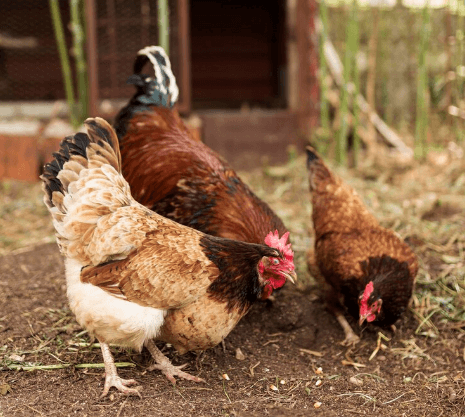A woman in Wyoming was hospitalized in February after she was infected with H5N1 avian flu — more commonly known as bird flu — apparently caused by the flock of chickens in her backyard.
While this incident has disturbed backyard chicken keepers and the public, officials have emphasized that avian flu in people is usually rare.
How Does Bird Flu Spread?
Avian flu can be passed from birds to humans mostly through direct contact with contaminated birds or their feces. It can be passed by touching dirty surfaces or even through inhaling the virus. Another challenge in preventing its passing is that some infected birds will not show any visible signs but can nevertheless pass and carry the virus.
Surprisingly, the virus is not specific to birds. It infects other animals like dairy cows, pigs, goats, dogs, and cats.
What the Numbers Say
Since May 2024, 10 human cases of bird flu have been detected in Colorado — nine in people working on commercial chicken farms and one on a dairy farm. There were a total of 70 cases around the nation confirmed, one being fatal. And most reassuring of all, no evidence yet exists of transmission of the virus between people.
Are You Scared?
To the ordinary individual — even to owners of backyard chicken coops — the risk is low. That being said, it’s never a bad idea to be safe rather than sorry. Frequent handwashing, handling poultry responsibly, and daily coop and equipment cleaning can serve to greatly reduce risk.
The health authorities do remain vigilant in tracking the issue, but the bird flu, as of this point, does not represent an epidemic threat to the general populace.
Final Thoughts
If you are near chicken farms or have chickens, being educated and clean is your best protection. While bird flu can be frightening, the likelihood of transmitting to human beings under normal situations is still slim.







Leave a Reply